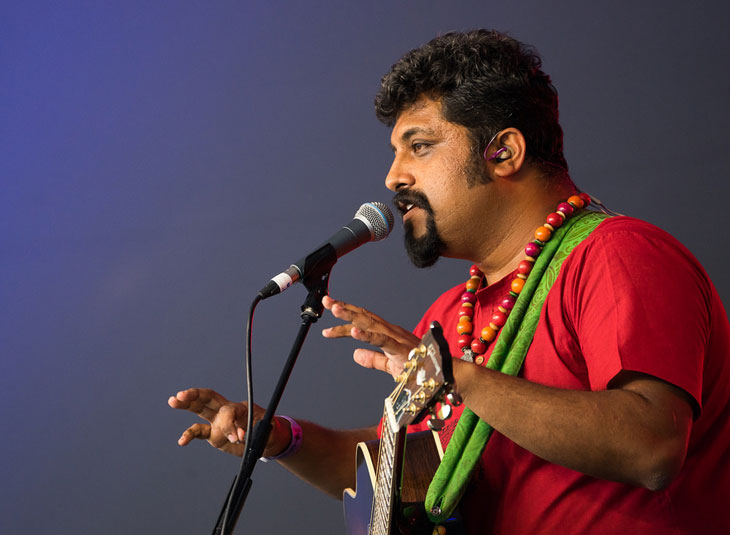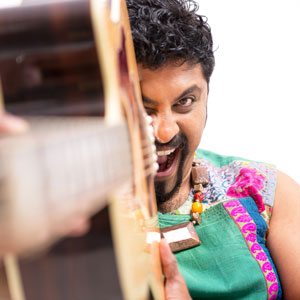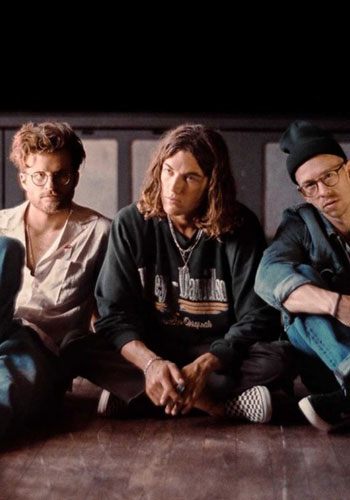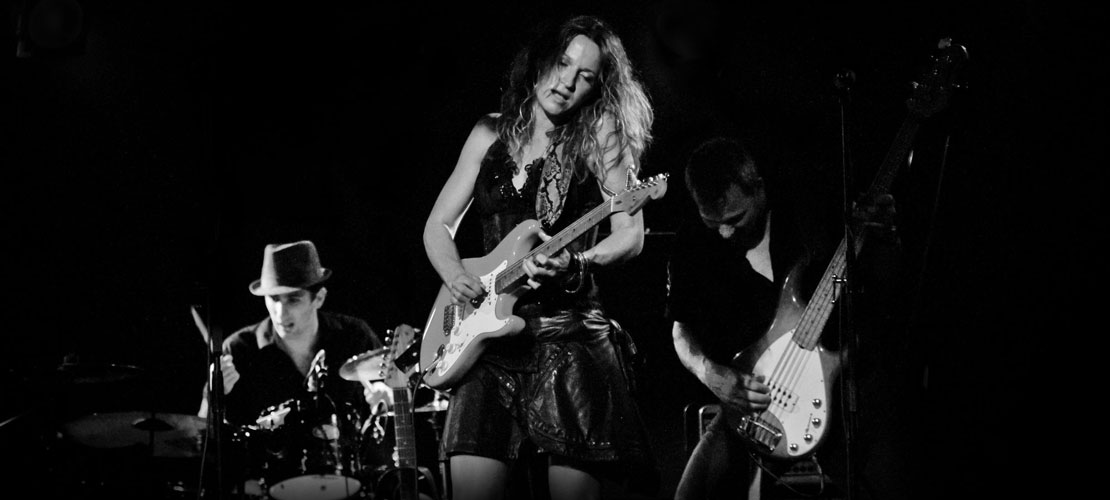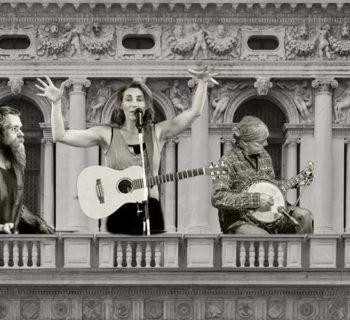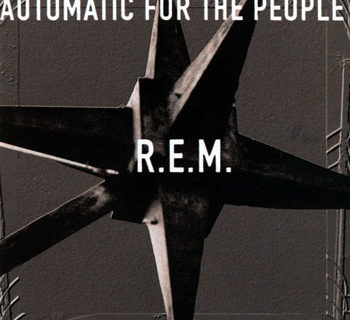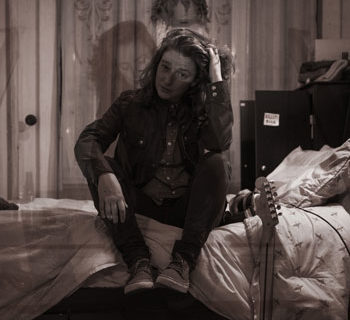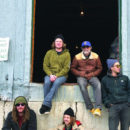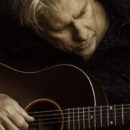“I guess destiny had a point to make,” says Raghu Dixit, described as “India's biggest cultural export” and fresh from charming crowds across North America and the UK (where he played for the Queen) and racking up millions of YouTube views with his humanity and infectious take on contemporary Indian folk music that draws influence from nearly every music genre, including new wave, classic rock, and even bluegrass.
Dixit’s success is famously long in the making. It took a decade of hard work and rejection by nearly every label in India before his multi-lingual, multi-genre sound finally found a home at Vishal-Shekhar Records. Indeed, Dixit had reached his last straw, but that’s the one that caught fire. “The day things turned around was ironically the day I decided to give it all up.”
Producer and composer Vishal Dadlani, himself a spearhead of the new wave of Bollywood music, heard Dixit’s music by chance at a concert in Mumbai and was instrumental in the release of his first album, Antaragni, the opening track of which, “Hey Bhagwan,” provides a perfect introduction to his music. Beginning with acoustic guitar and Dixit's powerful vocals, the song builds with twangy electric guitar before bursting into a rousing, foot-stomping beast Talking Heads would be proud of, complete with fiddle-break, wah-wah-peddle-licks and Hendrix-esque flourishes.
“It’s the years of touring that have exposed me to such varied styles of music from around the world,” says Raghu, “I don’t think my sound will ever settle. I am continuously collaborating with musicians who are in their own way playing a big part in shaping my music.” Evidence of this can be found on the title track from Raghu's second album, Jag Changa (2013). Opening with a rocket-fueled rhythm guitar pitched somewhere between flamenco and bluegrass, the track pulse-pounds with some distinctly Indian drums and backing vocals, hot banjo, and another ear-worm chorus of the first order.
I don’t think my sound will ever settle. I am continuously collaborating with musicians who are in their own way playing a big part in shaping my music.
Not that Dixit is by any means a one-trick pony. Witness the beautiful raga-style “No Man Will Ever Love You, Like I Do,” a mid-tempo love song which mixes sitar, piano, European-style violin and acoustic guitar to arresting effect. By contrast, “Soruthihudu Maniya Maligi” features a sparser arrangement of ringing electric guitar, simple drums and bells. Grounding them all is Dixit's voice, clean and clear, deep and affecting, with his heart plainly on his sleeve. “I believe that all creative art should evoke emotion. I have chosen to make happy vibrant music that will really make a difference in the world, or at least to the people that listen!”
And people around the world are listening, thanks appearances on respected UK TV shows like Later…with Jools Holland, globe-trotting tours, and his own dynamic rapport with audiences. When one English fan was unable to make his concert due to terminal chronic obstructive pulmonary disease, Dixit and the band brought the concert to him, showing up at his house for dinner and playing live in the family's front room.
America presents another test for Dixit, particularly, as Indian music is little known beyond the occasional sitar in a Rolling Stones or Spinal Tap song. Happily, audiences in New York, Boston, Greenville, Austin, and Houston have been more than welcoming. “We love touring in America,” says Raghu, “it’s a very real, on ground experience and a band like us can do a lot here.
Dixit’s journey is kicking into fifth gear in 2017. “I’m working on a lot of new music,” he says, “and many releases, including my movie!” With Raghu's ever-evolving and expanding palette, such releases should be well worth seeking out.

